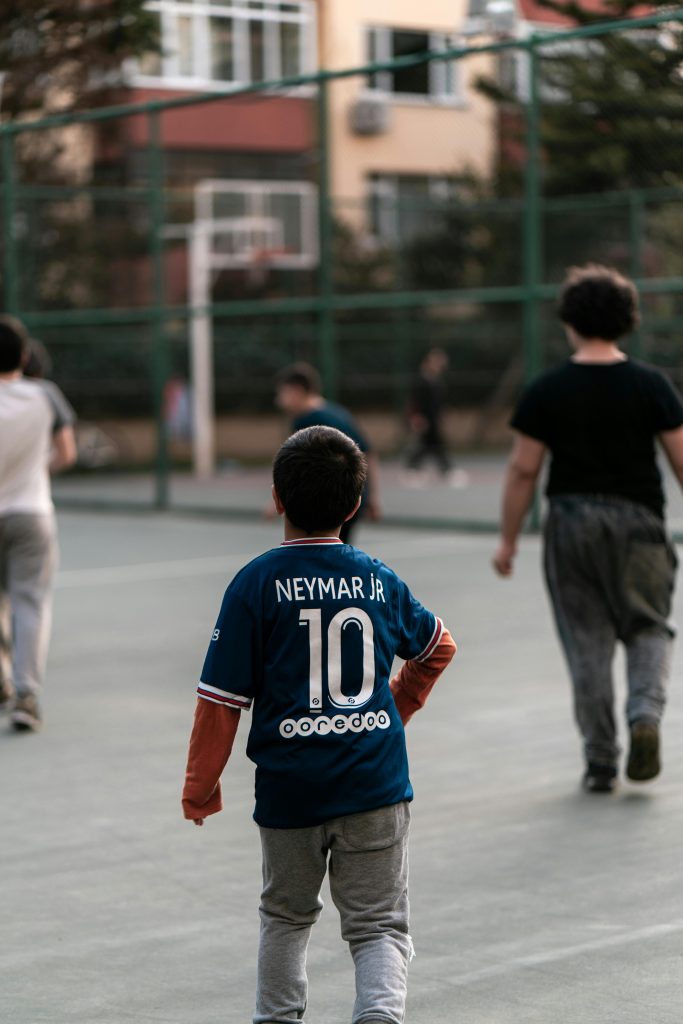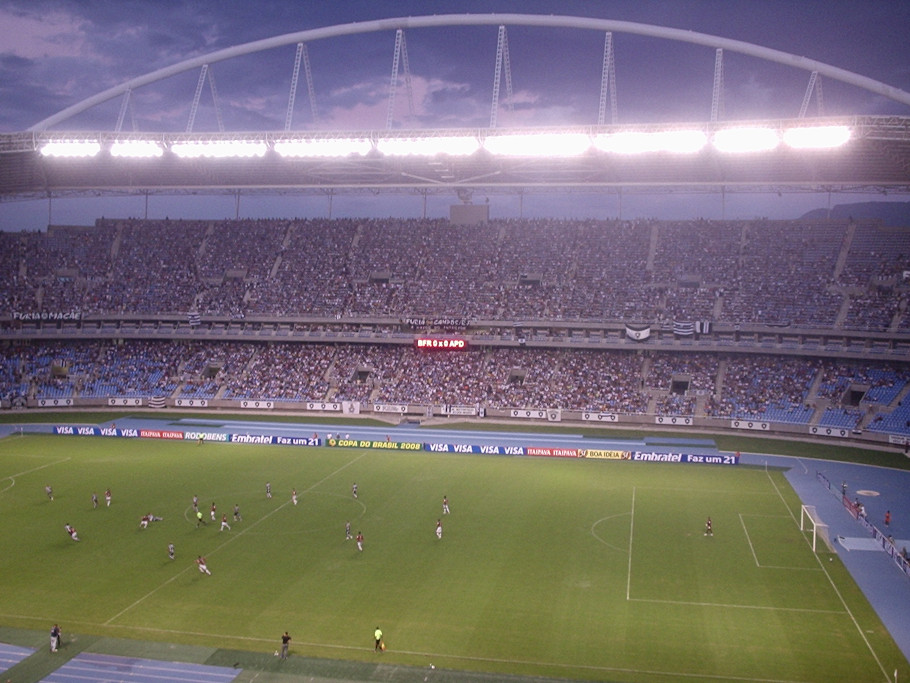Being a professional footballer might seem like a dream: playing in packed stadiums, traveling to exotic locations, and earning a significant salary. But what does their life look like off the pitch, especially during holidays? This article explores how professional footballers spend their free time, manage the pressures of their careers, and how holidays fit into their lives.
1. The Demands of a Busy Playing Schedule
Professional footballers have a demanding schedule filled with matches, training, and recovery, leaving little time for rest. A typical season for a top player runs from August to May, with only a short break in the summer and a few days off during Christmas and New Year.
Short Breaks and Recovery Periods: During the season, players usually get only one or two days off after a match, especially following European fixtures or international duties. These short breaks are often used for rehabilitation, light training, and spending time with family.
2. The Role of Holidays in a Footballer’s Life
Holidays are crucial for professional footballers, not just for physical rest but also for mental rejuvenation. They provide a necessary escape from the intense pressure and public scrutiny they face daily.
Summer Break: The off-season in June and July is the main holiday period for footballers. This is the only opportunity for an extended vacation. Players often choose luxury destinations such as the Maldives, Ibiza, or the Greek islands, where they can relax and enjoy privacy. Some also use this time for alternative training methods like yoga or Pilates to stay fit without the heavy strain of regular training.
Winter Break: In some leagues, there is a short winter break in December or January. This allows for a brief vacation, often to warm destinations or ski resorts. This break is short, usually just a week or two, but provides a welcome respite from the cold winter months.
3. Holiday Destinations and Activities
Professional footballers have the financial means to enjoy luxurious holidays and often stay in exclusive resorts. Some popular holiday destinations and activities include:
Beach Holidays: Luxury resorts in places like the Bahamas, Dubai, and the French Riviera are favorites. Players enjoy the peace and privacy these destinations offer, away from the hustle and scrutiny of their regular lives.
City Breaks: Many footballers enjoy city breaks to destinations like New York, Paris, and Tokyo, where they can indulge in culture, shopping, and fine dining.
Adventure Travel: Some opt for adventure, such as safaris in Africa, diving in the Caribbean, or hiking in the Alps. These trips offer a different way to relax and enjoy nature.
Family Holidays: For players with families, holidays are a chance to spend quality time with their partners and children. Resorts with kids’ clubs and family-friendly activities are popular.
4. Mental and Physical Recovery During Holidays
Holidays are not just for relaxation but also for recovery. Players use this time to recuperate from injuries, both physically and mentally.
Rehabilitation Programs: Some players choose rehabilitation programs at specialized clinics or wellness centers during their holiday. These programs combine relaxation with recovery methods like physiotherapy, massages, and cryotherapy.
Mental Relaxation: Professional footballers are under constant pressure to perform. Holidays provide a crucial mental break, away from the relentless competition and media scrutiny. Many players use this time to unwind with mindfulness, meditation, or simply spending time with loved ones.
5. Returning to Training After Holidays
After their holidays, players return to their clubs for pre-season preparation. This often involves intensive training camps and physical tests to ensure they are in top shape for the new season.
Pre-season Training Camps: Clubs often organize training camps in exotic locations to get players back in shape and build team spirit. These camps combine rigorous physical training with team-building activities.
Fitness Tests: Upon return, players usually undergo fitness tests to assess their condition and ensure they are ready for the new season. This typically includes a mix of running tests, strength assessments, and medical evaluations.
Conclusion
The life of a professional footballer is intense and full of pressure, making holidays an essential part of their well-being. These periods of rest provide a chance for physical recovery, mental relaxation, and time with family. While the playing schedule allows little free time, footballers strategically use their holidays to return prepared and in peak condition for the next challenges of their career.
- Neymar’s Return to Santos FC - January 29, 2025
- Manchester United and Manchester City: Challenges in the 2024-2025 Premier League Season - January 5, 2025
- Manchester City: The Downfall of a Modern Football Powerhouse - December 16, 2024



